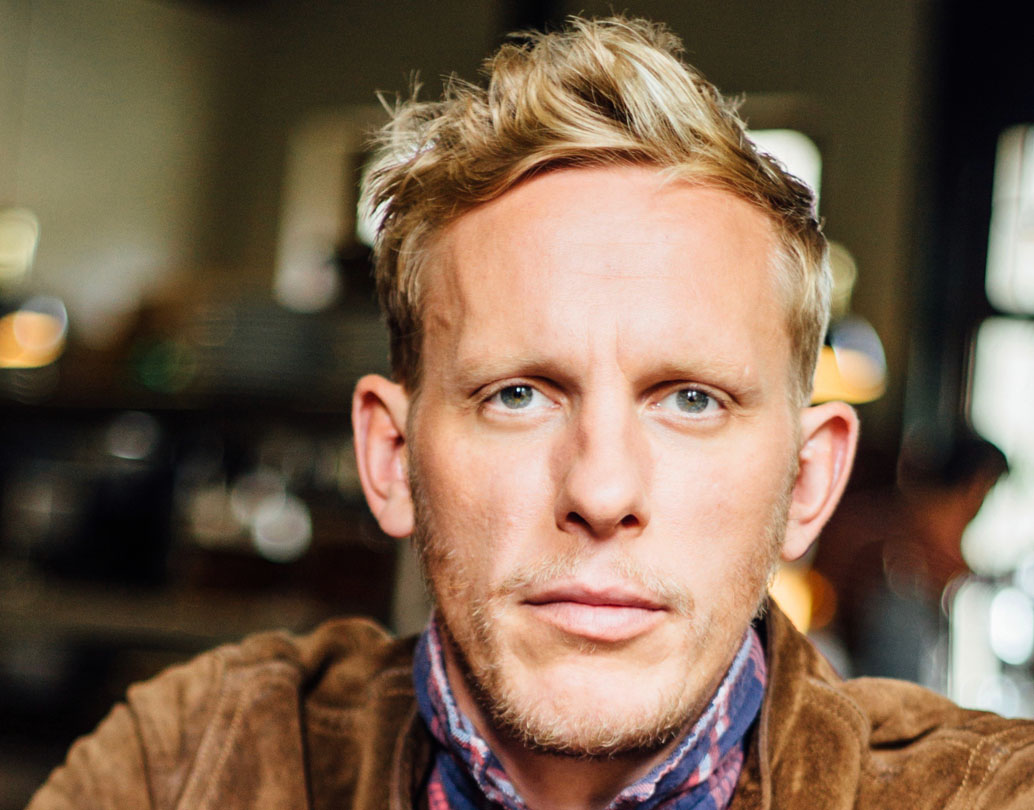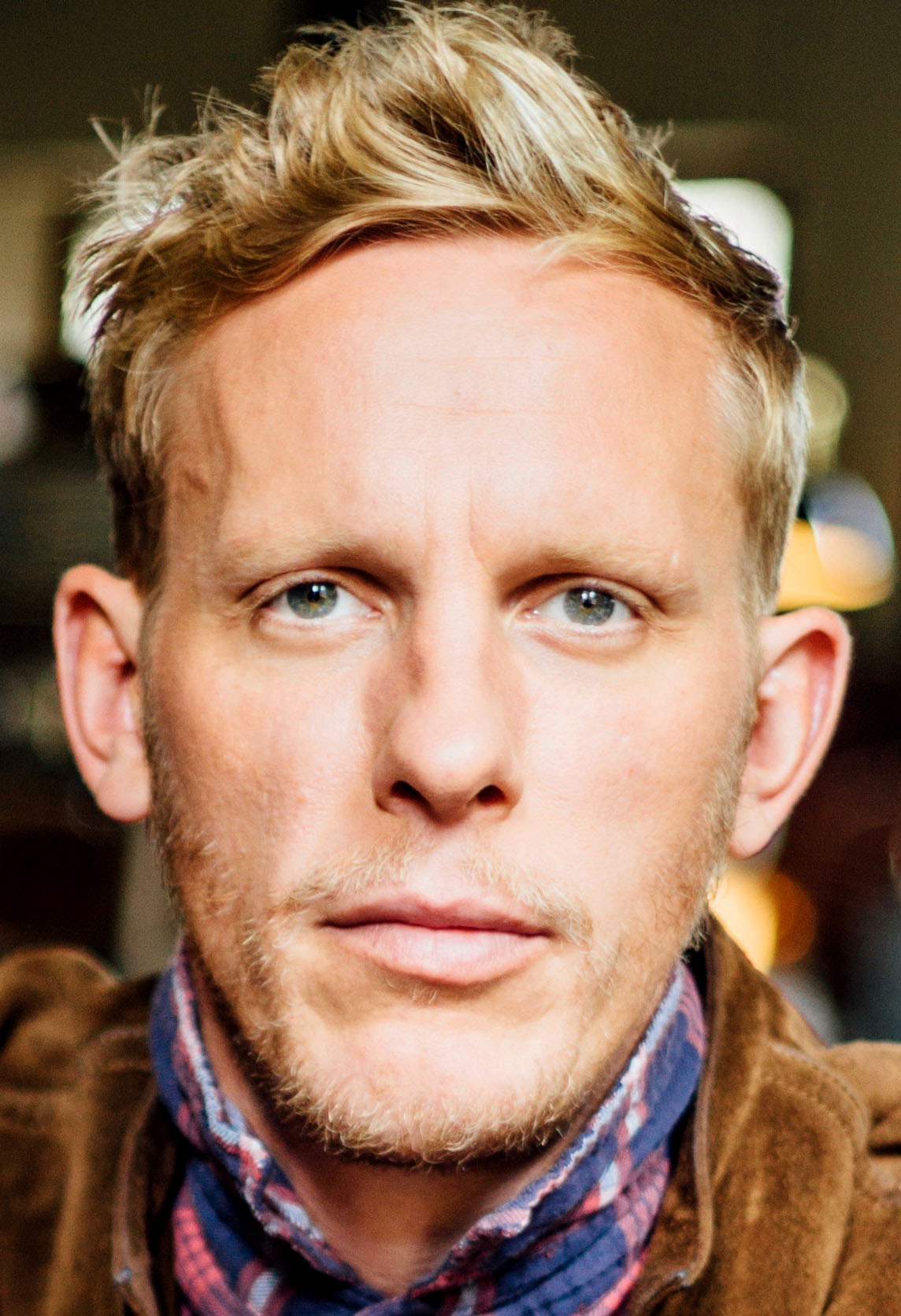 Laurence Fox plays Henry in a brand new production of Tom Stoppard’s multi award-winning drama The Real Thing continues at the Theatre Royal Bath until 30th September. Best known for his role as DS Hathaway in the long running Lewis, he talks about that and his role in The Real Thing . . .
Laurence Fox plays Henry in a brand new production of Tom Stoppard’s multi award-winning drama The Real Thing continues at the Theatre Royal Bath until 30th September. Best known for his role as DS Hathaway in the long running Lewis, he talks about that and his role in The Real Thing . . .
What are you most relishing about playing Henry in The Real Thing?
With the character of Henry I get the chance to play someone who is more intelligent than myself and who has the words in situations where words would fail me.
For people who aren’t familiar with the play how would you describe him?
I’d sum Henry up as ‘The Last Romantic’. He believes in fidelity, loving someone even when they’re at their worst, going through life with one person – that’s a very romantic notion, isn’t it?
Do you have anything in common with Henry and what are the big differences?
The things we have in common are that I am the same height, look similar and sound the same. The big differences? That would be telling! But living in someone else’s head for a while, as you do as an actor, is an amazing thing to do and it changes you when you do it – not in a Method-y kind of way but it changes the way you behave in real life. It’s interesting how that happens.
The play premiered in 1982. Why do you think it has endured?
Because it was written by Tom Stoppard, our finest living dramatist. Some of it is just sublime, like all of his plays. He’s sort of operating at a totally, massively heightened intellectual level and the language is utterly satisfying – it’s silky and expressive.
Are there themes in The Real Thing that you feel will resonate with contemporary audiences?
Well, it’s about love, fear, hope, loss and laughter. Those are themes that at least I hope will resonate.
Why do you think Tom Stoppard is so revered as a playwright?
Because as he writes in the play, in a speech that Henry gives, “What we’re trying to do is to write cricket bats, so that when we throw up an idea and give it a little knock, it might….travel”. Tom Stoppard is very much like Shakespeare in a lot of ways. The tune of his language is very Shakespearean and also akin to Noel Coward and stuff like that. It’s wonderful to act if you get it right and [laughs] pretty terrible if you get it wrong.
Is this the first time you’ve starred in one of Stoppard’s plays? What particular challenges does his work present to you as an actor?
Yes, it’s my first time doing a Stoppard play. It’s a complete technical and emotional challenge. Technically there’s the fact it’s such an enormously precise play with long, big thoughts being expressed, so that’s a bit tricky when you are playing someone who is smarter than you are. Then the emotional challenge is being able to carry an audience through two hours. It’s tiring but also brilliant.
How is it working with director Stephen Unwin?
Stephen is fantastic! He is precise, tenacious, incredibly supportive, loving, profoundly talented and he really hears Stoppard’s voice.
What do you most enjoy about taking a show on tour?
England isn’t just London, the United Kingdom isn’t just London, so it’s amazing to be able to see culture everywhere and it’s lovely seeing how audiences in different parts of the UK react differently to different shows. It’s also lovely how the theatre is a hub for each town.
Do you have any pre- or post-show rituals?
Pre-show it’s a little bit of meditation, a desperate sob and a prayer to The Almighty. Post- show it’s anything fizzy!
What’s the one thing you couldn’t be without when you’re touring with a show?
My wallet and a picture of my lovely boys.
You’ve worked extensively across stage, TV and film. What have been your personal career highlights?
I most enjoyed working with Kevin Whately and the rest of the Lewis crew over all those years because they were such a fantastic bunch and I made some lifelong friends doing it. I also enjoyed working with Jonathan Lynn [writer and director of The Patriotic Traitor at the Park Theatre], who was fantastic as well. Those are two highlights among many. As for where this job ranks [laughs] I’ll let you know when it’s over.
What do you especially enjoy about stage work?
I enjoy the challenge and community of theatre. When you leave a play, you leave as a better actor.


